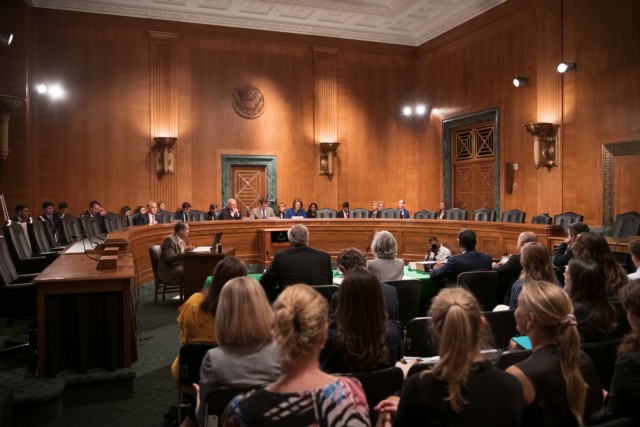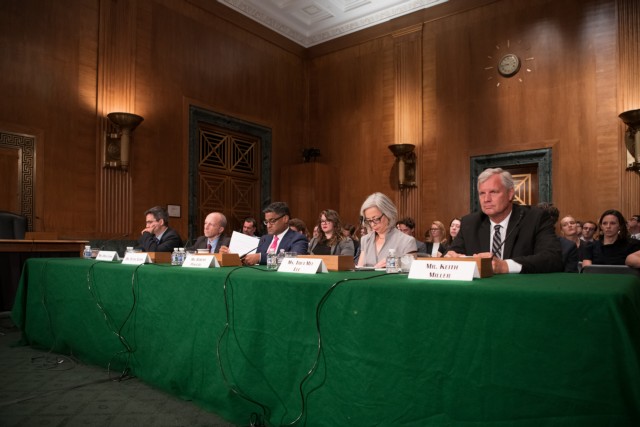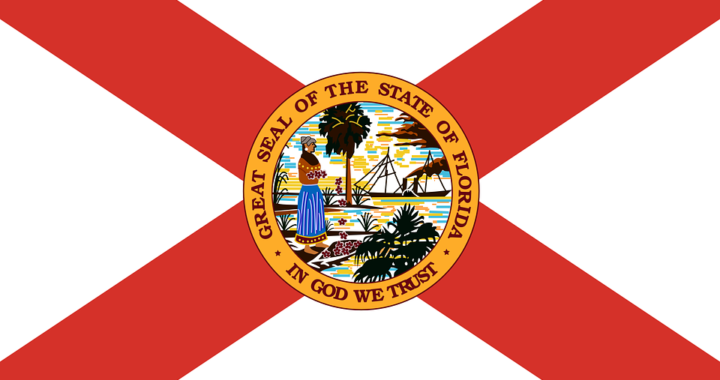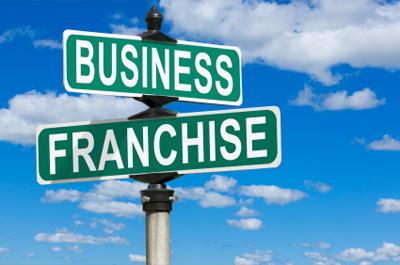Franchising is one of the most powerful brand building tools ever created. It is reported that franchising is responsible for 760,000 businesses, 18 million jobs, 14 percent of the private sector employment, and over $500 billion in payroll. Total sales by businesses operated by franchisees are projected to reach over $2 trillion this year. 1 out of every 12 businesses is independently owned and operated by a franchisee¹.
Over the last 50 years, franchisees have invested their capital and hard work in creating some of the most recognized brands in the marketplace. The success of franchising is predicated on the investment by franchisees. This is now at risk because the terms of the franchise agreements have become more one-sided in favor of the franchisors. They have significantly reduced the ability of franchisees to build their businesses and serve their customers.
This Universal Franchisee Bill of Rights² is a fairness doctrine. It has been developed by franchisees in multiple systems and industries to identify the basic terms of fairness that are missing in their franchise agreements, and must be restored to ensure the success and growth of the franchise systems.
1. Freedom of Association: A franchisee may freely associate with other franchisees or associations.
2. Good Faith and Fair Dealing: A franchisee may rely on a franchisor’s good faith, fairness, exercise of due care, and performance including the administration of; advertising, rewards programs, marketing funds, and franchise or development agreements.
3. Uniform Application of Brand Standards: Franchisors shall maintain consistent operating standards under a specific franchise system brand name and uniformly apply such standards in a non-discriminatory manner.
4. Full Disclosure Regarding Fees Collected From Franchisees: A franchisor shall make available to the franchisee all records of marketing, rewards programs, and related fees that have been paid by franchisees, vendors, suppliers, and licensees.
5. Right to Price: A franchisee may establish the price of goods and services it sells. 6. Fair Sourcing of Goods and Services: A franchisee, or franchisee purchasing cooperative, may purchase, from any vendor, goods and services that meet the formally established standards of the franchisor. 7. Right to Renew the Franchise: A franchisee may renew its franchise under terms free of unreasonable costs and or stipulations.
8. Right to Transfer: A franchisee shall have a right to transfer its franchise to a qualified purchaser, including, but not limited to, family members or business partners, without unreasonable costs, stipulations or penalties.
9. Encroachment: A franchisee shall have specific market protection wherein the franchisor shall not materially impact the franchisee’s business, or allow another entity with the same or a similar brand to operate.
10. Ample Notice of Significant Change; Franchisee Termination Rights: Notice of significant change to the franchise system shall be given in a reasonable time prior to required changes. A franchisee may terminate without penalty, or liquidated damages, if a change to the franchise system would cause substantial negative impact or if the franchisee is experiencing substantial financial hardship. Under such termination any non-competition covenant shall be void.
11. Default; Franchise Termination Rights: Prior to franchise agreement termination, the franchisee shall be given detailed reasons for alleged default and reasonable time to cure. Termination shall not occur without good cause, and termination shall not compel payments of liquidated damages, and or early termination fees. All franchise agreement rights shall remain in full effect for any franchisee not in default or that cured a default. A default under one franchise agreement shall not constitute a default under a different franchise agreement.
12. Fairness in Dispute Resolution: A franchisee may elect to have all dispute resolution proceedings and legal action occur in the local venue of the franchisee and shall not be required to submit to mandatory binding arbitration.
13. Equity and Property Rights: A franchisee has equity in their business, has made a substantial investment in their business and shall have the right to monetize that equity and investment prior to the expiration or termination of the franchise.
1. “The Economic Impact of Franchised Businesses: Volume III, Results for 2007”, International Franchise Association Educational Foundation
2. The “Universal Franchisee Bill of Rights” is a hybrid compilation from significant work that has been done by the AAFD, AAHOA, AFA, CFA Fair Franchising Committee, individuals from those prominent organizations, and other friends and supporters of franchisees. It is the intent that we create a “Universal Franchisee Bill of Rights” that no one organization can claim as their own, but members of the greater franchise community can endorse.











